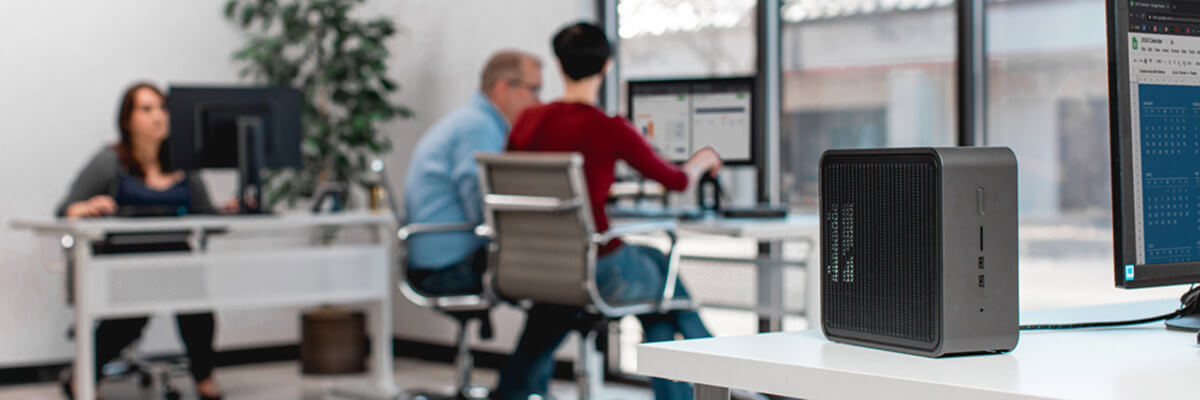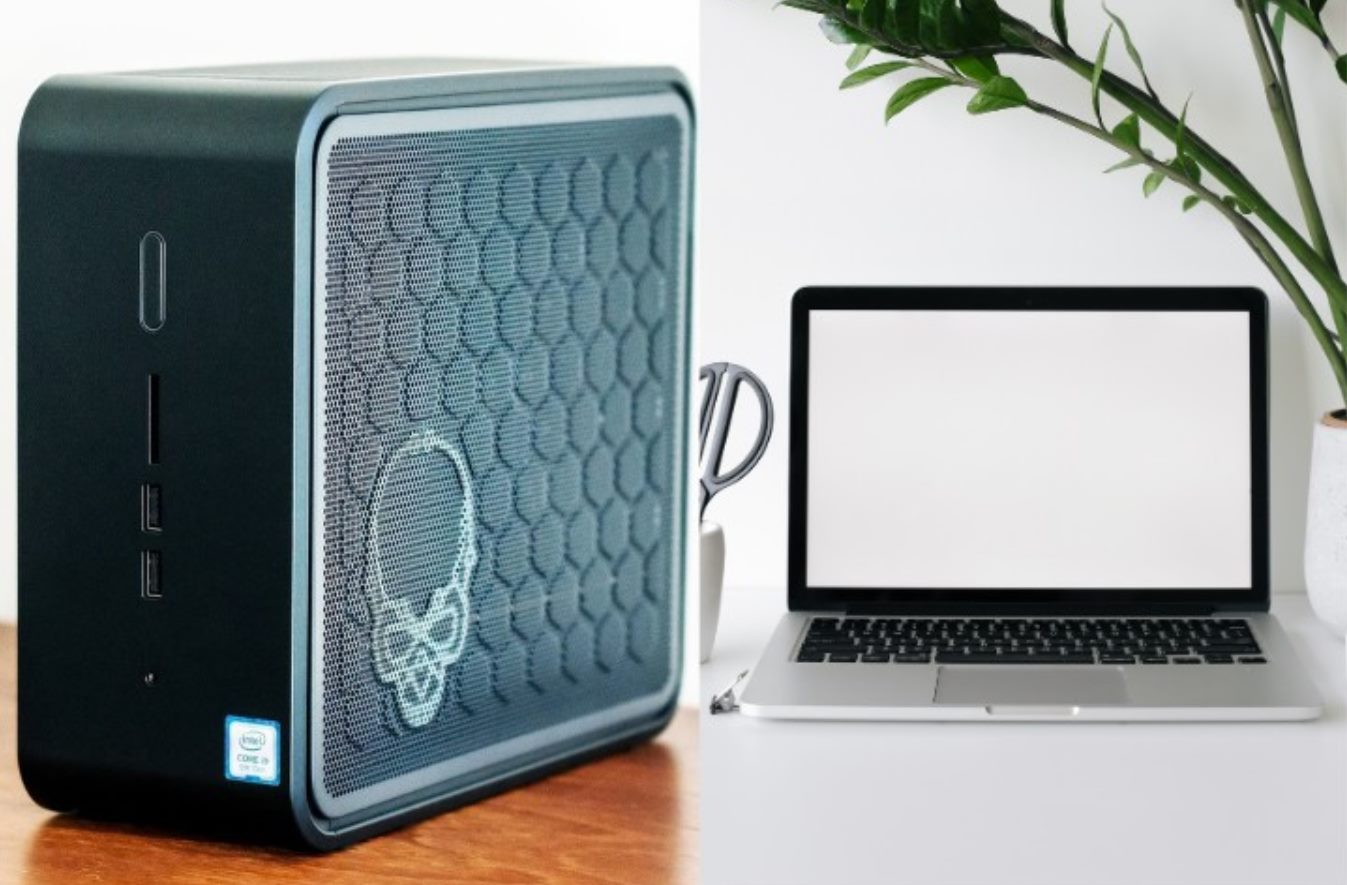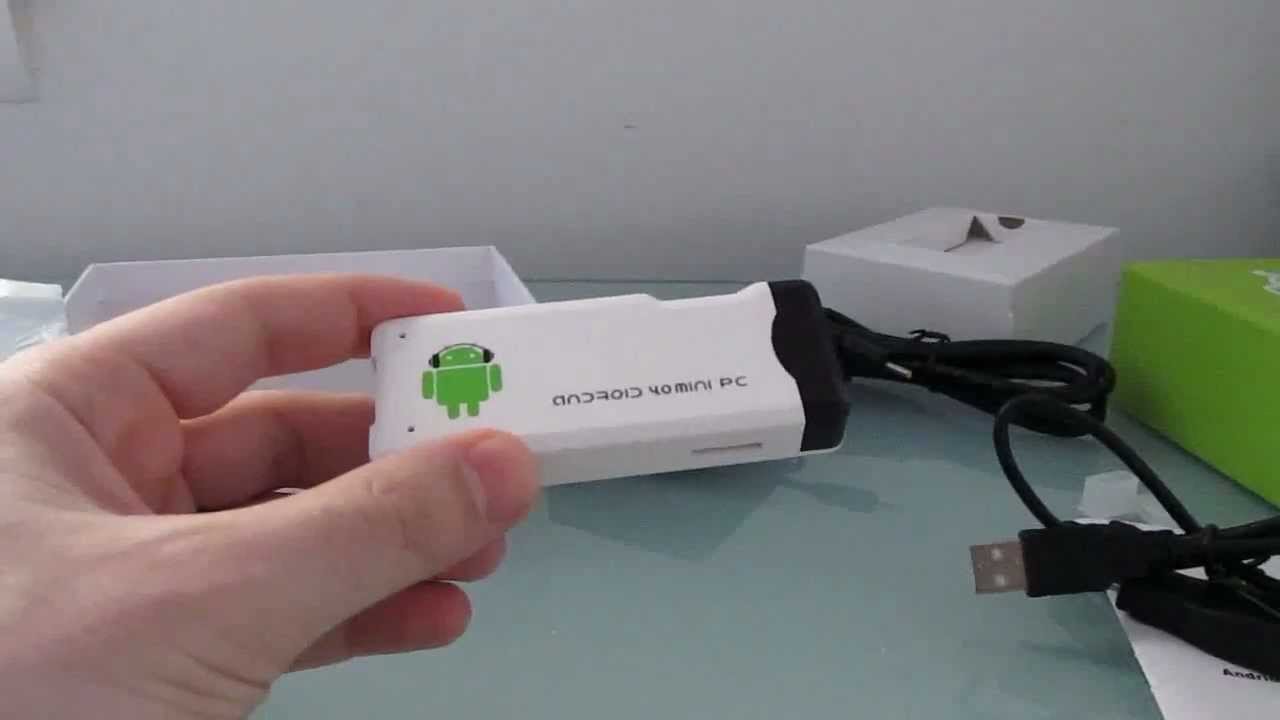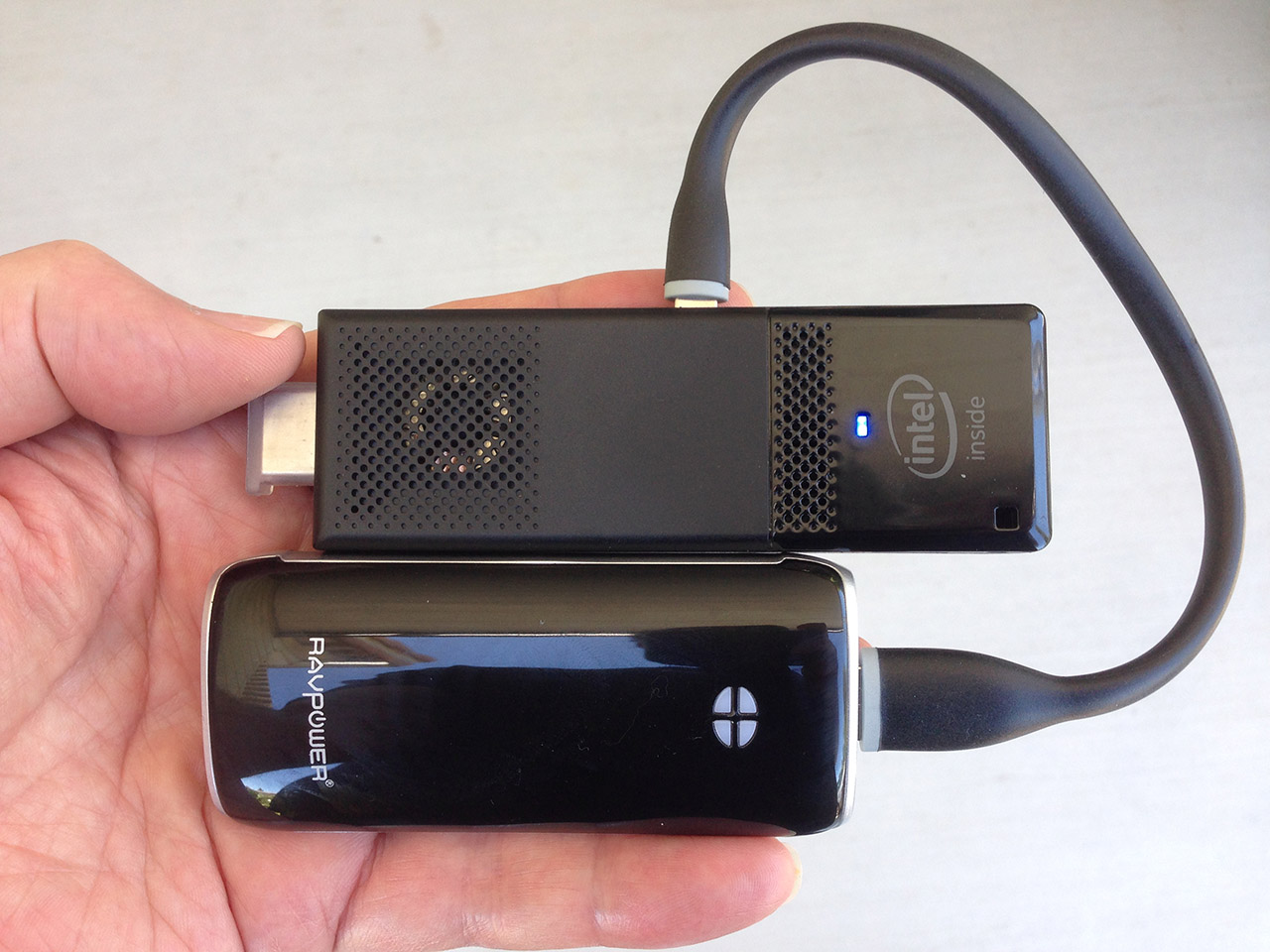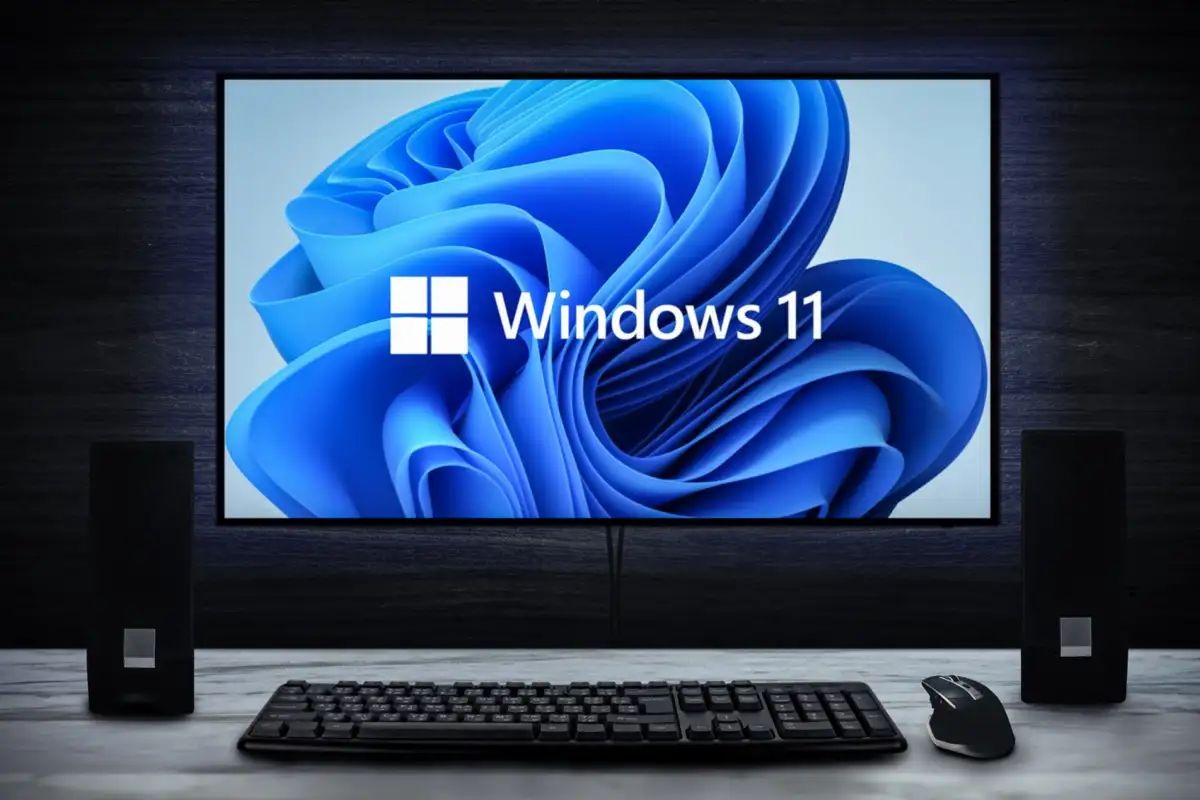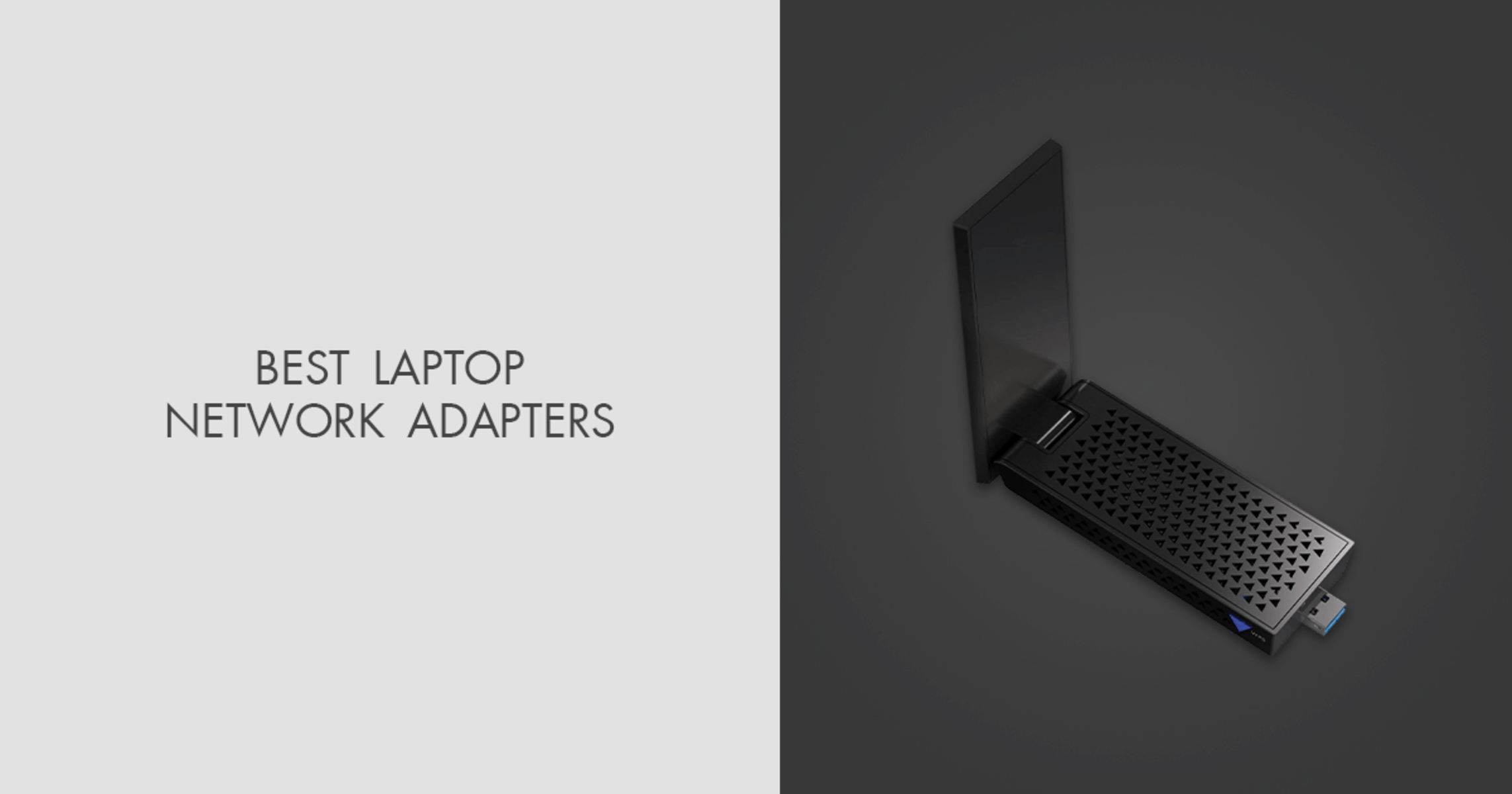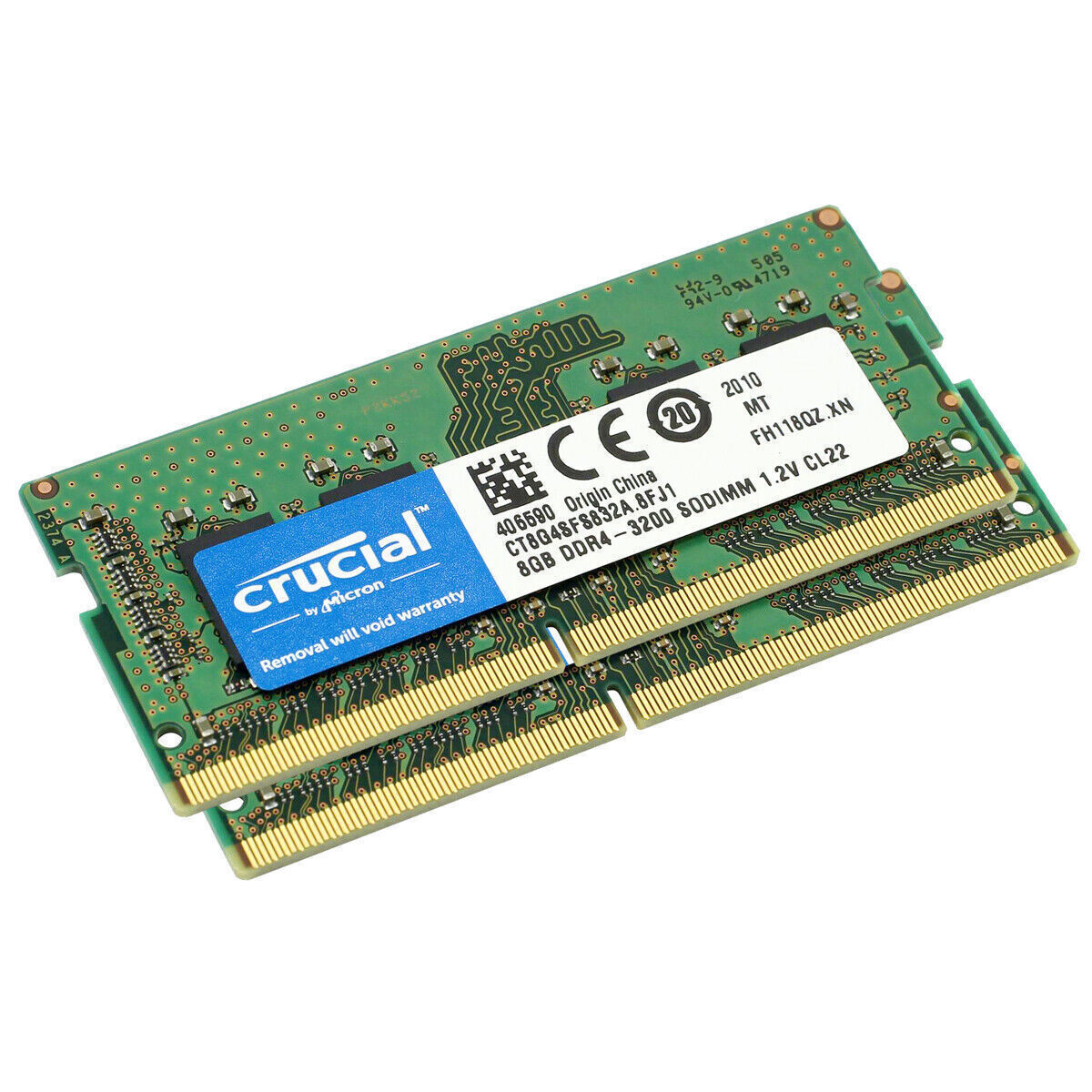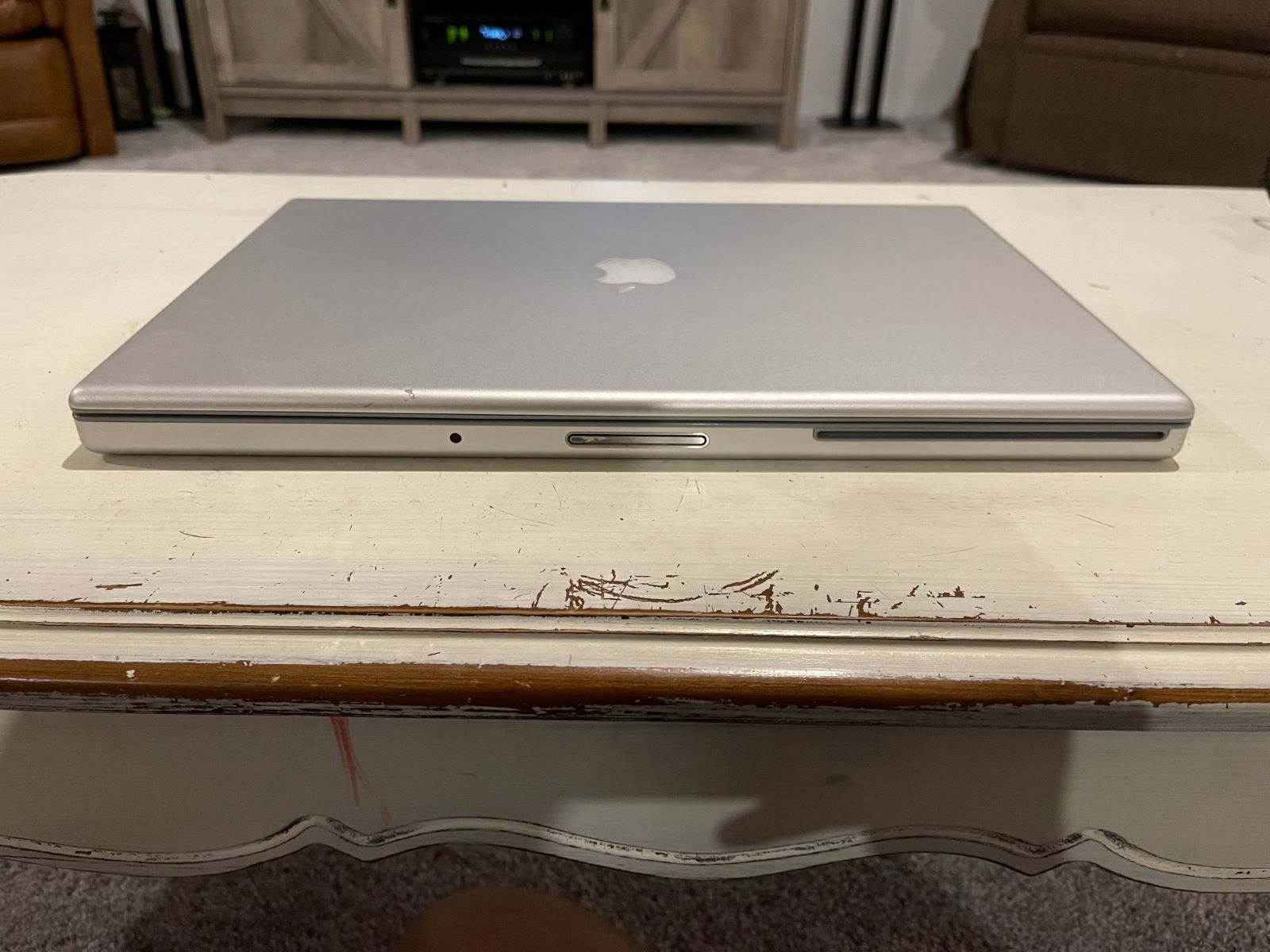Introduction
When it comes to choosing a computer, the options seem endless. Two common choices are a traditional laptop and a mini PC. While laptops have long been the go-to option for their portability and convenience, mini PCs offer a range of advantages that make them a compelling alternative. In this article, we will explore the advantages of a mini PC over a laptop, helping you make an informed decision about which device best suits your needs.
Mini PCs, also known as compact or small form factor PCs, are desktop computers that are smaller and more compact than traditional tower PCs. They pack powerful hardware into a compact design, giving you the performance of a full-sized computer without taking up much space. This makes them suitable for a wide range of applications, from home entertainment systems to office workstations.
So, what are the advantages of choosing a mini PC over a laptop? Let’s delve into each of these advantages in detail.
Portability
One of the key advantages of a mini PC over a laptop is its portability. While laptops are renowned for their portability, mini PCs offer a level of flexibility that is unmatched. Mini PCs are incredibly compact and lightweight, making them easy to transport and set up anywhere.
Unlike laptops, which come with a built-in screen and keyboard, mini PCs require separate peripherals such as a monitor, keyboard, and mouse. This modular design allows you to choose the exact components that meet your needs, and you can easily detach and reattach these peripherals whenever necessary. This level of flexibility gives you the freedom to work or play in any location.
Moreover, mini PCs are ideal for those who are frequently on the move but need a powerful computing solution. Due to their compact size and lightweight design, mini PCs can easily fit into a backpack or briefcase, making them a convenient choice for travelers, digital nomads, or individuals who frequently switch workspaces.
Additionally, mini PCs are a popular choice for businesses or organizations that require portable computing solutions. Whether it’s for presentations, conferences, or trade shows, mini PCs can be easily transported and set up without the hassle of carrying a bulky laptop.
While laptops may have an edge in terms of built-in portability, mini PCs offer a greater level of flexibility and customization. With a mini PC, you have the freedom to choose your own peripherals, ensuring that you have the exact setup you desire, whether you’re at home, the office, or on the go.
Space Savings
Another significant advantage of a mini PC over a laptop is the space-saving aspect. Mini PCs are designed to be compact and require minimal space compared to a laptop setup.
While laptops come with a built-in screen, keyboard, and trackpad, mini PCs require separate peripherals, including a monitor, keyboard, and mouse. This separation of components allows for better space management. You can choose a monitor size that fits your needs, whether it’s a compact 21-inch display or a larger widescreen monitor for gaming or multitasking.
In addition, mini PCs can be easily mounted on the back of a monitor using VESA mounts, creating a clean and clutter-free workspace. This frees up valuable desk space, making it easier to organize your work area and keep it tidy.
Furthermore, mini PCs are a great option for smaller spaces, such as dorm rooms, apartments, or offices with limited square footage. Their compact design allows for easy placement on a desk, shelf, or even wall-mounted setups, without occupying excessive space. This is particularly beneficial if you have multiple computers or peripherals that need to be accommodated in a tight area.
Even in larger spaces, mini PCs provide flexibility in terms of placement. You can position the main unit under the desk or tucked away on a shelf while routing cables to the peripherals. This eliminates cable clutter and creates a more organized and aesthetically pleasing workspace.
Overall, the space-saving advantage of a mini PC allows you to optimize your workspace and maximize the available area. Whether you have a small desk or need to set up multiple workstations, mini PCs provide a compact and efficient solution for saving space and maintaining a clutter-free environment.
Power Consumption
One of the key advantages of a mini PC over a laptop is its lower power consumption. Mini PCs are designed to be energy-efficient, resulting in significant cost savings on electricity bills and a reduced environmental impact.
Laptops are designed to be portable and often come with energy-saving features, such as battery optimization settings. However, the power consumption of a laptop is typically higher compared to a mini PC due to its all-in-one design and the need to power a built-in screen, keyboard, and other components.
Mini PCs, on the other hand, have a more streamlined design, with separate peripherals that can be selected based on power efficiency. This allows you to choose monitors, keyboards, and other peripherals that consume less energy, resulting in lower overall power consumption.
In addition, mini PCs often use low-power components, such as efficient processors and solid-state drives (SSDs), which consume less energy compared to their laptop counterparts. This not only reduces power consumption but also leads to less heat generation, resulting in quieter operation and a longer lifespan for the components.
Moreover, many mini PCs are designed with power-saving features, such as auto on/off settings and sleep modes, which further contribute to reducing power consumption during periods of inactivity. These features can be especially beneficial in environments where computers are left running for extended periods, such as offices or home entertainment setups.
For individuals or businesses conscious of their energy consumption and looking for ways to reduce their carbon footprint, opting for a mini PC can be a wise choice. The lower power consumption not only reduces costs but also provides a greener solution for computing needs.
Customization and Upgradability
When it comes to customizing and upgrading your computer, a mini PC offers a distinct advantage over a laptop. Mini PCs provide greater flexibility in choosing and upgrading components, allowing you to tailor your system to your specific needs.
Laptops are generally restricted in terms of customization and upgradability due to their compact and integrated design. While some laptops may allow for limited upgrades such as increasing RAM or swapping out the storage drive, the options are often limited compared to a mini PC.
With a mini PC, you have the freedom to choose the exact components that suit your requirements, from the processor to the amount of RAM and storage capacity. This means you can build a mini PC with the specific power and performance you desire, whether you need a high-performance system for gaming or a compact workstation for productivity tasks.
In addition to customization, mini PCs offer easier upgradability. As technology advances and new components become available, you have the flexibility to upgrade individual parts of your mini PC without replacing the entire system. This can include upgrading the CPU, adding more RAM, or increasing the storage capacity.
This level of customization and upgradability ensures that your mini PC can keep up with the evolving demands of modern software and applications, extending its lifespan and providing better value for your investment.
Furthermore, mini PCs often feature multiple expansion slots and ports, allowing you to connect additional devices and expand the functionality of your system. This can include adding extra USB ports, connecting external graphics cards for enhanced gaming performance, or attaching specialized peripherals for specific tasks.
Overall, the customization and upgradability options of a mini PC empower you to create a computer setup that suits your needs perfectly. Whether it’s performance, storage capacity, or connectivity options, a mini PC gives you the freedom to customize and upgrade your system to match your preferences and future requirements.
Multiple Monitor Support
One of the key advantages of a mini PC over a laptop is its ability to support multiple monitors. While laptops generally come with a built-in screen and have limited external display options, mini PCs provide more flexibility when it comes to multi-monitor setups.
Mini PCs are equipped with multiple display outputs, such as HDMI, DisplayPort, and VGA, allowing you to connect multiple monitors simultaneously. This is especially beneficial for professionals who require multiple screens for multitasking, such as graphic designers, video editors, or stock traders.
Having multiple monitors can significantly boost productivity, as it allows for better organization and seamless switching between applications. For example, you can have one monitor dedicated to your main work or project, while using another monitor for reference materials, communication tools, or monitoring system performance.
In addition to productivity benefits, multi-monitor setups can also enhance gaming and entertainment experiences. With a mini PC, you can immerse yourself in a gaming environment that spans across multiple screens or enjoy a cinematic experience by extending your display onto multiple monitors.
Moreover, mini PCs often come with powerful graphics capabilities and support for high-resolution monitors, enabling you to enjoy sharp and detailed visuals across all your displays.
Furthermore, the flexibility of a mini PC allows you to choose monitors of different sizes, resolutions, or orientations based on your preferences and requirements. You can create a customized multi-monitor setup that perfectly suits your needs, whether it’s a dual-screen configuration, a triple-monitor setup, or even more.
Overall, the multiple monitor support offered by mini PCs opens up a world of possibilities in terms of productivity, entertainment, and content creation. It allows for a highly customizable display setup and provides the versatility needed to optimize your workflow or enjoy a more immersive gaming experience.
Noise and Heat
Noise and heat can be major concerns when it comes to computer systems, and this is where mini PCs have an advantage over laptops. Mini PCs are known for their quieter operation and better heat management compared to laptops.
Laptops, especially those designed for high-performance tasks, often have fans or cooling systems that can generate significant noise during operation. The compact design of laptops makes it challenging for efficient cooling, resulting in fans working harder to dissipate heat. This can lead to a noisy and distracting computing experience, particularly during intensive tasks such as gaming or video rendering.
On the other hand, mini PCs are designed with effective heat management in mind. Due to their larger form factor and space to accommodate cooling solutions, mini PCs can use larger and quieter fans or even advanced cooling systems like liquid cooling. This allows for better heat dissipation and a more efficient cooling process, resulting in quieter operation.
Besides noise reduction, efficient heat management also contributes to the overall longevity and performance of the system. Excessive heat can harm the internal components of a laptop, leading to thermal throttling, reduced performance, and even hardware failure. With a mini PC, the larger size and better cooling capacity ensure that the system can maintain lower operating temperatures, allowing for optimal performance even during demanding tasks.
Additionally, the compact nature of laptops often results in heat accumulation in certain areas, such as the keyboard or underside of the device. This can make the laptop uncomfortable to use for extended periods and potentially even cause discomfort or overheating for users. Mini PCs, with their separate peripherals and larger form factor, do not have this issue, providing a more comfortable and heat-free computing experience.
Overall, the noise and heat advantages of mini PCs make them an attractive choice for individuals who prefer a quiet and comfortable computing environment. Whether you work in a quiet office, require sustained performance without excessive noise, or simply want a more enjoyable gaming or multimedia experience, a mini PC offers a superior solution compared to laptops.
Affordability
When it comes to affordability, mini PCs offer a cost-effective solution compared to laptops. Mini PCs are often more budget-friendly, making them an attractive option for individuals and businesses looking to save money without compromising on performance.
Laptops, especially those with high-performance specifications or sleek designs, tend to be more expensive. The integration of components and the need for a built-in display, keyboard, and trackpad contribute to the overall cost. Additionally, the portability and convenience of laptops often come with a premium price tag.
Mini PCs, on the other hand, are typically more affordable due to their modular design and the ability to choose individual components. You have the freedom to select the exact specifications that meet your needs and budget, allowing you to prioritize essential components while saving on unnecessary features.
Furthermore, as mini PCs do not come with a built-in display, keyboard, or mouse, you have the flexibility to choose peripherals that suit your budget and preferences. Whether you opt for budget-friendly options or invest in high-quality peripherals, the choice is in your hands.
In addition to the initial cost savings, mini PCs often consume less power, reducing energy bills in the long run. The lower power consumption not only benefits the environment but also contributes to ongoing cost savings over the lifespan of the device.
It is worth noting that while mini PCs are generally more affordable, there are high-performance models and premium options available in the market. These models may come at a higher price point, but they still offer the advantage of customization and upgradability, allowing you to invest in components according to your specific needs.
Overall, the affordability of mini PCs makes them an attractive option for individuals and businesses seeking a cost-effective computing solution. With the ability to choose components and peripherals based on budget and needs, mini PCs provide a flexible and economical alternative to laptops.
Conclusion
After exploring the advantages of a mini PC over a laptop, it is clear that mini PCs offer a range of benefits that make them a compelling choice for many users. From portability and space savings to power consumption and customization, mini PCs provide a versatile and efficient computing solution.
Mini PCs excel in terms of portability, allowing for easy transportation and set up in different locations. Their compact design and the ability to choose peripherals offer flexibility and customization options that laptops often lack. Additionally, mini PCs consume less power, resulting in cost savings and reduced environmental impact.
The customizability and upgradability of mini PCs allow users to build and modify their systems according to their specific needs, ensuring optimal performance and longevity. The multiple monitor support of mini PCs is beneficial for professionals and gamers who require a larger screen real estate or an immersive visual experience.
Furthermore, mini PCs operate with less noise and better heat management compared to laptops, providing a quieter and more comfortable computing experience. Finally, mini PCs offer affordability, making them a cost-effective alternative without compromising on performance.
In conclusion, when it comes to choosing between a mini PC and a laptop, the decision ultimately depends on individual needs and preferences. If you prioritize portability, space savings, customization options, multiple monitor support, quieter operation, and affordability, a mini PC is undoubtedly an advantageous choice. Consider your specific requirements and weigh the advantages discussed in this article to make an informed decision that aligns with your computing needs.







